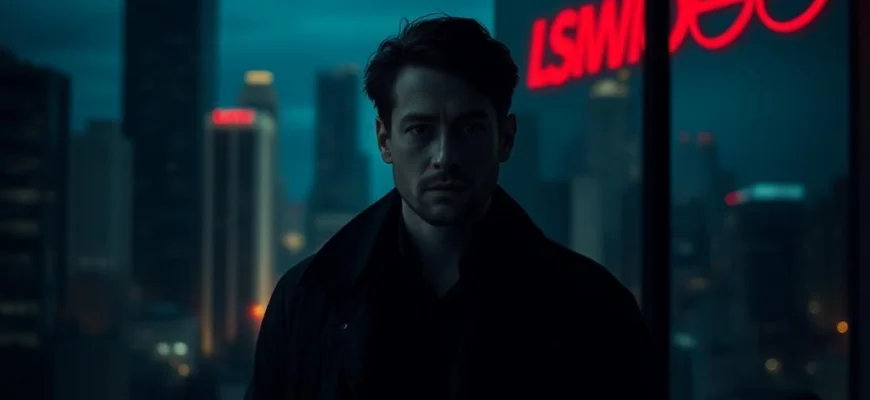If you loved the gritty, atmospheric tension of The Killing of a Chinese Bookie (1976), you're in for a treat. This article explores 10 movies and shows that capture the same neo-noir allure, complex characters, and slow-burning suspense. Whether you're a fan of John Cassavetes' raw storytelling or just crave more dark, character-driven dramas, this list will guide you to your next cinematic obsession.
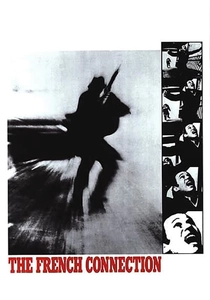
The French Connection (1971)
Description: A gritty police procedural that captures the brutality and moral ambiguity of law enforcement, with a relentless, obsessive protagonist. The film's documentary-like realism and tense atmosphere reflect the reference's unflinching portrayal of crime and punishment.
Fact: The film's famous car chase scene was shot without permits, using real New York City streets and pedestrians. It won five Academy Awards, including Best Picture.
 Watch Now
Watch Now 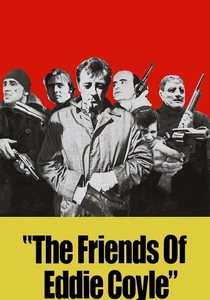
The Friends of Eddie Coyle (1973)
Description: A crime drama that portrays the gritty, unglamorous side of criminal life, focusing on a weary protagonist caught in a web of betrayal. The film's realistic dialogue and low-key tension mirror the reference's grounded approach to storytelling.
Fact: The film is based on a novel by George V. Higgins, a former prosecutor who drew from his real-life experiences. It features one of the most authentic depictions of Boston's underworld in cinema.
 Watch Now
Watch Now 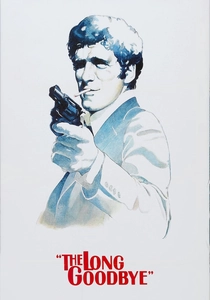
The Long Goodbye (1973)
Description: A neo-noir film that explores themes of disillusionment and moral ambiguity, featuring a protagonist navigating a corrupt and indifferent world. The film's slow-burning tension and existential undertones mirror the atmospheric and psychological depth of the reference.
Fact: The film's protagonist, Philip Marlowe, is a modernized version of Raymond Chandler's classic detective, set in 1970s Los Angeles. The movie was initially poorly received but has since gained a cult following.
 Watch Now
Watch Now 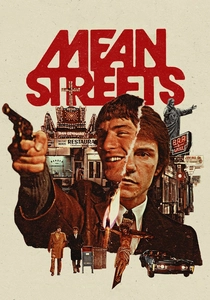
Mean Streets (1973)
Description: A raw and visceral portrayal of life in the criminal underworld, focusing on the struggles of small-time hoodlums. The film's handheld cinematography and naturalistic performances align with the reference's immersive, character-driven narrative.
Fact: The film was shot on a shoestring budget in New York's Little Italy, with many non-professional actors. It marked the beginning of a legendary collaboration between its director and lead actor.
 Watch Now
Watch Now 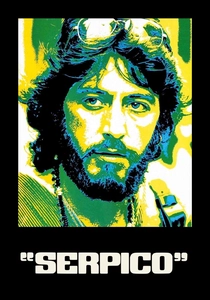
Serpico (1973)
Description: A biographical crime drama about an honest cop fighting systemic corruption within the police force. The film's themes of integrity, isolation, and institutional decay resonate with the reference's focus on a lone individual against a corrupt system.
Fact: The film is based on the true story of Frank Serpico, who was shot in the face during a drug bust and left to die by his fellow officers. The real Serpico was involved in the production and even visited the set.
 Watch Now
Watch Now 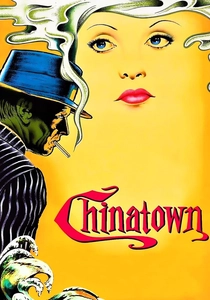
Chinatown (1974)
Description: A neo-noir masterpiece that combines a complex mystery with themes of corruption, power, and personal tragedy. The film's intricate plot and morally ambiguous characters echo the reference's exploration of a seedy underworld.
Fact: The film's famous line, 'Forget it, Jake, it's Chinatown,' was almost cut from the final script. The movie's ending was controversial for its bleakness, which the studio initially resisted.
 Watch Now
Watch Now 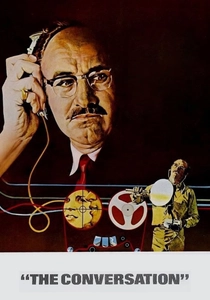
The Conversation (1974)
Description: A psychological thriller that examines themes of paranoia, surveillance, and personal guilt, with a protagonist whose professional detachment begins to crumble. The film's meticulous pacing and focus on a man's unraveling psyche resonate with the reference's introspective style.
Fact: The film was shot in San Francisco and features a minimalist score that heightens the tension. It was released the same year as another major film by the same director, leading to a unique double feature in theaters.
 Watch Now
Watch Now 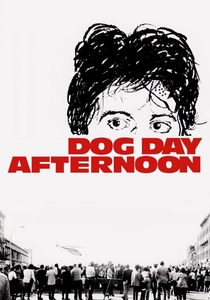
Dog Day Afternoon (1975)
Description: A tense, character-driven crime drama based on a true story, focusing on a botched bank robbery and its emotional fallout. The film's blend of dark humor, social commentary, and humanistic storytelling aligns with the reference's tone.
Fact: The real-life bank robber the film is based on was consulted during production. The famous 'Attica!' chant was improvised by the lead actor during filming.
 Watch Now
Watch Now 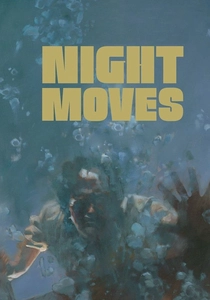
Night Moves (1975)
Description: A gritty, character-driven thriller that delves into the protagonist's personal and professional struggles, set against a backdrop of crime and deception. The film's moody atmosphere and focus on a flawed, introspective hero align closely with the reference's tone.
Fact: The film's title is a double entendre, referring both to the protagonist's chess-playing hobby and the nocturnal activities central to the plot. It features one of the most ambiguous and debated endings in 1970s cinema.
 Watch Now
Watch Now 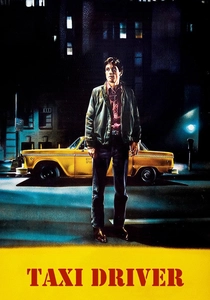
Taxi Driver (1976)
Description: A dark, character study of an isolated and mentally unstable protagonist navigating a corrupt urban landscape. The film's intense focus on alienation and moral decay parallels the reference's exploration of a troubled individual in a hostile world.
Fact: The film's iconic 'You talkin' to me?' scene was largely improvised. The script was written in just 10 days, inspired by the director's own experiences living in New York City.
 Watch Now
Watch Now 
